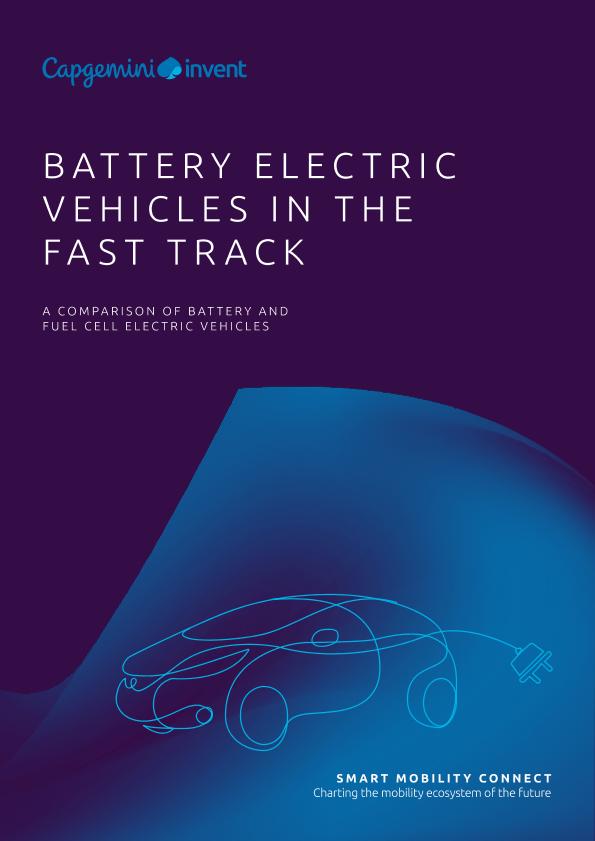Battery electric vehicles in the fast track : a comparison of battery and fuel cell electric vehicles

Contenido multimedia no disponible por derechos de autor o por acceso restringido. Contacte con la institución para más información.
| Tag | 1 | 2 | Valor |
|---|---|---|---|
| LDR | 00000cam a22000004b 4500 | ||
| 001 | MAP20200017042 | ||
| 003 | MAP | ||
| 005 | 20200520100620.0 | ||
| 008 | 200416e20200401fra|||| ||| ||eng d | ||
| 040 | $aMAP$bspa$dMAP | ||
| 084 | $a892 | ||
| 245 | 1 | 0 | $aBattery electric vehicles in the fast track$b: a comparison of battery and fuel cell electric vehicles$cChristian Hummel...[Et al.] |
| 260 | $aParis [etc.]$bCapgemini Research Institute$c2020 | ||
| 300 | $a7 p. | ||
| 520 | $aFor the past few years, battery electric vehicles (BEVs) have dominated the headlines, but what about fuel cell electric vehicles (FCEVs)? The number of FCEVs on today's streets is negligibly small relative to the fast-increasing number of BEVs, and the production of FCEVs and hydrogen is often still seen as prohibitively expensive. This might seem surprising, given that many players assign high potential to fuel cell technology. To explain the current prevalence of BEVs over FCEVs, this Point of View article summarizes the relative strengths and weaknesses of BEVs and FCEVs with special reference to German OEMs' passenger cars. We compare the two types of electric vehicles (EVs) in terms of product readiness, infrastructure, and technology, to explain the current state of play. Our analysis focuses on the next 10 years to match OEMs' planning timeframe, but we acknowledge that technology advances over the next decade may change the picture for the longer term. | ||
| 650 | 4 | $0MAPA20100011164$aVehículos eléctricos | |
| 650 | 4 | $0MAPA20150019967$aVehículos autónomos | |
| 650 | 4 | $0MAPA20080617219$aIndustria automovilística | |
| 650 | 4 | $0MAPA20080586546$aNuevas tecnologías | |
| 650 | 4 | $0MAPA20080605674$aDesarrollo tecnológico | |
| 650 | 4 | $0MAPA20080594589$aAnálisis comparativo | |
| 650 | 4 | $0MAPA20110017835$aMovilidad | |
| 700 | 1 | $0MAPA20200011828$aHummel, Christian | |
| 710 | 2 | $0MAPA20200008163$aCapgemini Research Institute |

